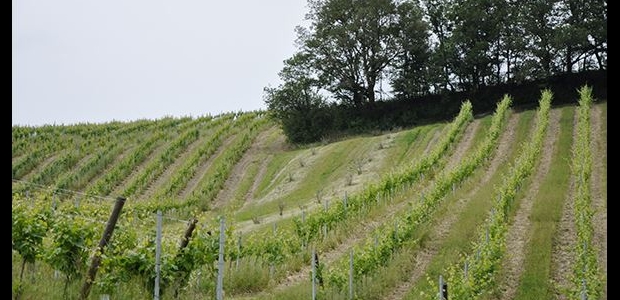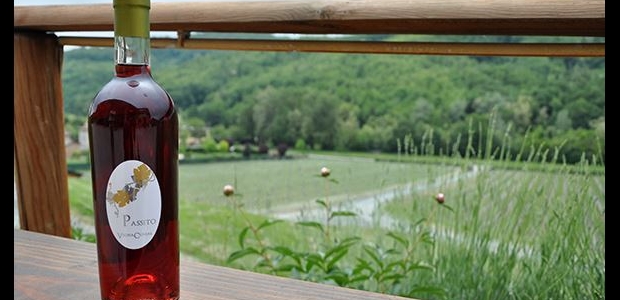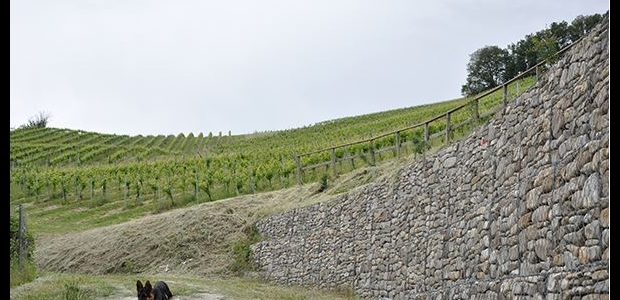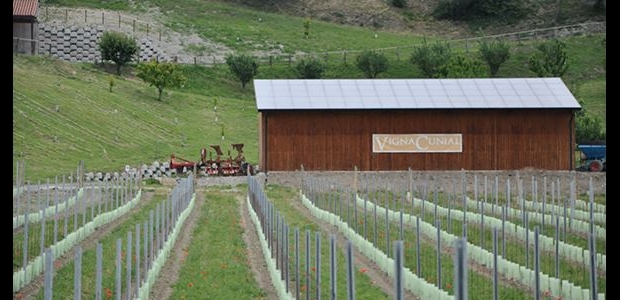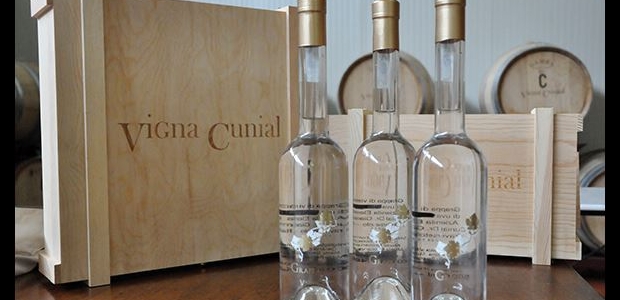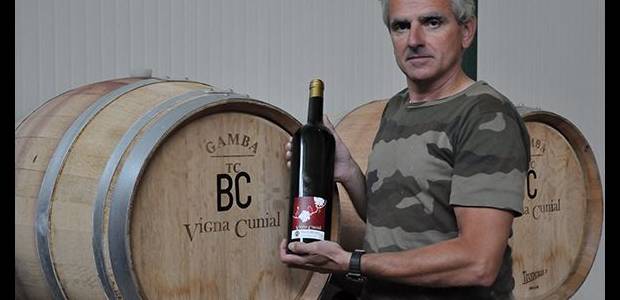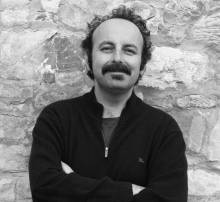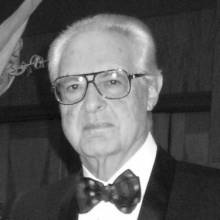Languages
In (bio) wine veritas
An interview with Gianmaria Cunial
A company 100% bio. Not only vineyards and wine, but also ancient cereals and fruits ..and Parma extra virgin olive
A real conversion, complete also with a fall from a horse as it happened to St. Paul. That’s the way I figured it could have been the transition, for an agronomist who studied the use of chemicals in agriculture, to cultivate with a “green model”.
Guano is a compound of bird’s droppings, known for its high potential as organic fertilizer. The guanay cormorants are among the largest producers and their feces are the richest of nitrogenous substances in the volatile world. Gianmaria Cunial of Vigna Cunial-Azienda Biologica Elena uses it in his 83ha divided among vineyards, ancient fruit trees, olive groves and cereals.
It must have been shocking, for a farm manager during 23 years, when in 1983 he learned that the "chemistry" on which he had based his knowledge for a benevolent agri-food use, was declared by the European Union with high chronic toxicity, both for the environment and for the men. In that year, the recent graduate, already director, was called for military service and lost his job. For those reasons the following year, after the conscription, Mr Cunial decided to approach the world of organic farming, which will become an ethical choice, as well as the backbone of "Vigna Cunial" that will born in 2002. Meanwhile he owned an analysis laboratory that closed in 2007.
Cunial, with trevisan origin, has carefully selected the morphological characteristics of the land suitable for hosting the organic revolution and cultivation. The long search took him in the municipality of Traversetolo (PR), on the slopes of Monte Rome, where the perfect geological morphology blends with the culture that respects the environment through farming operations such as rotations, and fertilizing with organic fertilizers and a costant use of green manure practices. For example Vigna Cuniel uses to plant legumes such as field beans, which plowed into the ground are useful for the nitrogen fixation and basic to prevent the development of weeds when is time for the main crop.
Reading the page of the website dedicated to the history of Cunial Vigna, it’s possible to feel the passion of the Gianmaria’s dream.
When he decides to find himself after a task that wore him out, he also decided to pass "from a chemical agriculture synthesis to an organic farming without pesticides, environmentally friendly, no chronic toxicity and pollution", that every day, with great commitment, brought him so many results, but also mistakes and failures: he can not forget that often the dismay and tears prevailed, as when a rain that lasted for more than 40 hours had made the earth a mudslide that threw down entire forests and only the vineyard remained steadfast. In that moment Gianmaria thought back to fatigue he made with Ismet, his coworker, to plant 13ha of rows. He uses to say he does not know where he found the strength to go on, but the strong tension of this dream "had the best on my human weaknesses"- he says talking about the past.
For the rule of "render unto Caesar the things that are Caesar's" it is understood that if a product is of excellent quality it should be recognized: that's the Monteroma spumante brut Malvasia case. With a white flowers aroma, flanked by a persistent and green apple flavor with traces of chamomile, honey and thyme, from 2014 is in the hundred best Italian wine list.
Or maybe the Primorosso, an intense ruby color biological Barbera, with a profound aftertaste of wood and musk; or the Valtermina, a Chardonnay with strong apple and pineapple sensorial stirrings that also enhance the taste along with almonds and cashews. And what about the Riserva? It's a lively red Syrah that smells of currants and blackberries, together with cocoa and tobacco notes that becomes magic if accompanied by a plate of gnocchi with meat sauce and formaggio di fossa.
